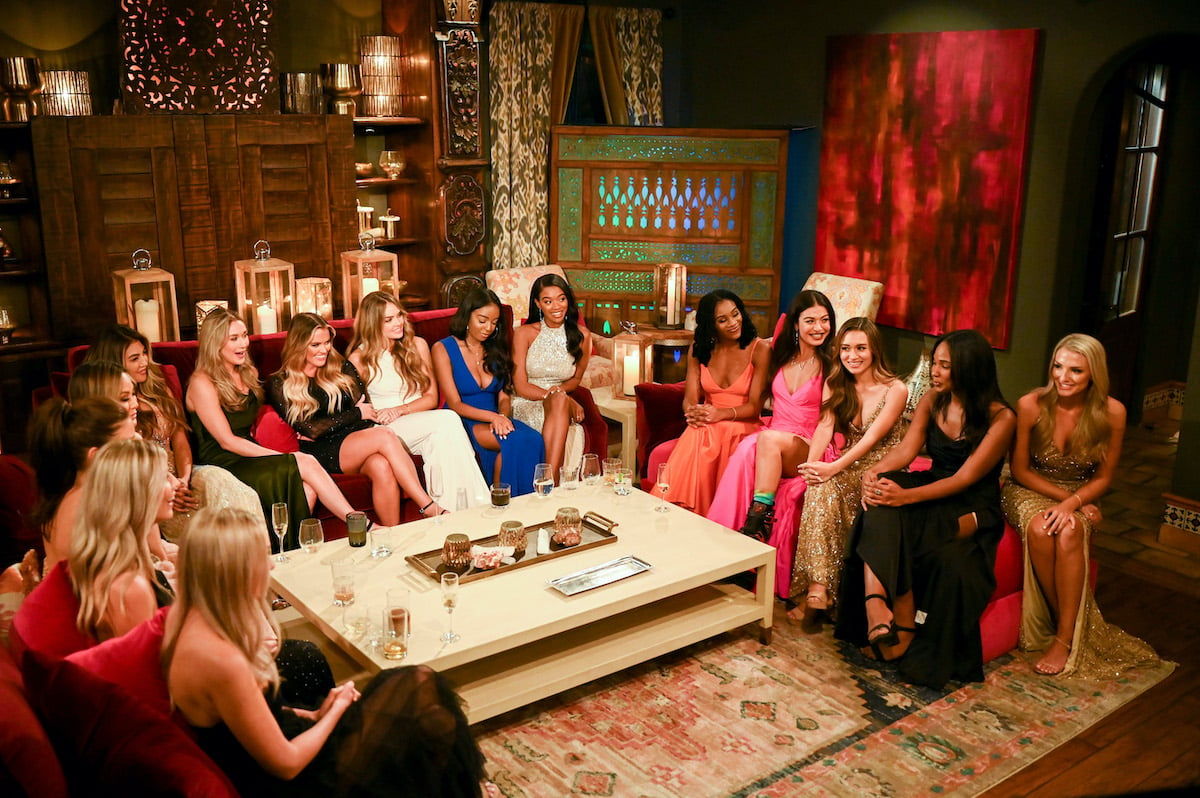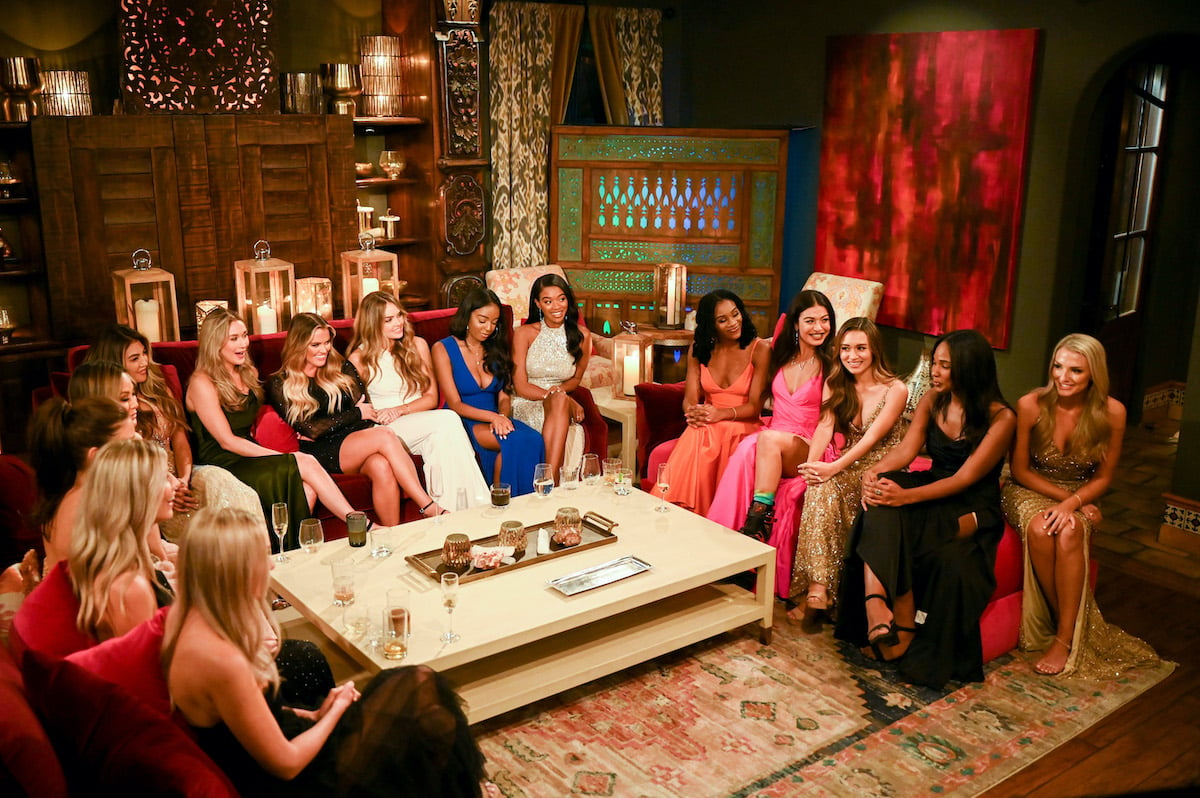
‘The Bachelor’ Contestants Were Only Allowed to Bring Religious Books Until Recent Seasons
When anyone thinks about ABC’s The Bachelor, one word always comes to mind first: books. Amid all the romantic competition and heavily choreographed dates, the contracts on the reality show do have some downtime to spend by themselves. For the majority of The Bachelor’s existence, reading was heavily prohibited – unless the literature was something you could find in a church.

The rule has since been changed, but it is one of many restrictions placed on the men and women who appear on the show.
Books were considered contraband for at least one season of ‘The Bachelor’
Two contestants from the 17th season of The Bachelor, which aired in 2013 and starred Sean Lowe, gave interviews stating that they weren’t allowed to bring secular books as part of their belongings.
“The only things I was allowed to keep were my journal and my Bible,” said Leslie Hughes to The Daily Beast in 2013. “We have nothing. We are completely cut off from the world. We have to talk to each other—we have nothing else to do.” AshLee Frazier and Tierra LiCausi said similar things in emails to The Verge in 2017.
This rule made have been made specifically for that season. Lowe was famously a virgin at the beginning of his season, choosing to stay celibate until marriage because of his faith. ABC has not commented on whether the ban on certain reading material was made with Lowe’s interest in mind, but what other reason would they have for such a controlling decision?
The Bachelor’s producers have relaxed their rules since that year. The Verge’s Kaitlyn Tiffany spoke to alumni from seasons of The Bachelorette and Bachelor in Paradise, who were graciously allowed to bring “printed content” that wasn’t religious in nature.
The lack of reading hasn’t stopped some contestants from becoming best-selling authors
Just because The Bachelor constricts what contestants can and can’t read while shooting the show doesn’t mean that some people can’t leverage their experience to write a book in the aftermath.
According to Entertainment Weekly, 29 books have been written by notable stars from the extended Bachelor universe. The genre of books includes tell-all memoirs, self-help guides, and novels, and some of the authors have received the literary equivalent of a rose and placed somewhere on the New York Times bestseller list.
Per the fan site Real Bachelor Jobs, these are the five most popular books from Bachelor Nation: For the Right Reasons: America’s Favorite Bachelor on Faith, Love, Marriage, and Why Nice Guys Finish First by Sean Lowe, The First Time: Finding Myself and Looking for Love on Reality TV by Colton Underwood.
Also on the list is Single State of Mind by Andi Dorfman, I Didn’t Come Here to Make Friends: Confessions of a Reality Show Villain by Courtney Robertson, and It’s Not Okay: Turning Heartbreak into Happily Never After by Andi Dorfman.
In more recent years, The Bachelorette star Hannah Brown released her memoir God Bless This Mess, which landed on the New York Times Bestseller list.
The show’s banned list is full of everyday pleasures
The banning of books is a weird rule on its own, but it’s far from the only restriction contestants must contend with. Residents of the Bachelor mansion must follow the following rules:
- Don’t eat during dinner dates
- Don’t use the internet or a cell phone to contact the outside world
- Do your own hair, makeup, and wardrobe (Bachelor contestants are only allowed to bring two suitcases per person)
- Contestants must accept all dates they’re asked to go on as part of their contract
- Don’t spoil the show before airing
- They must get psychological and STD testing as part of the application process
In case the overreach of ABC producers isn’t clear enough, Season 15 alum Ashley Spivey later told Refinery29 that the mansion contestants stay in does not have air conditioning because of concerns over its effect on sound quality.


